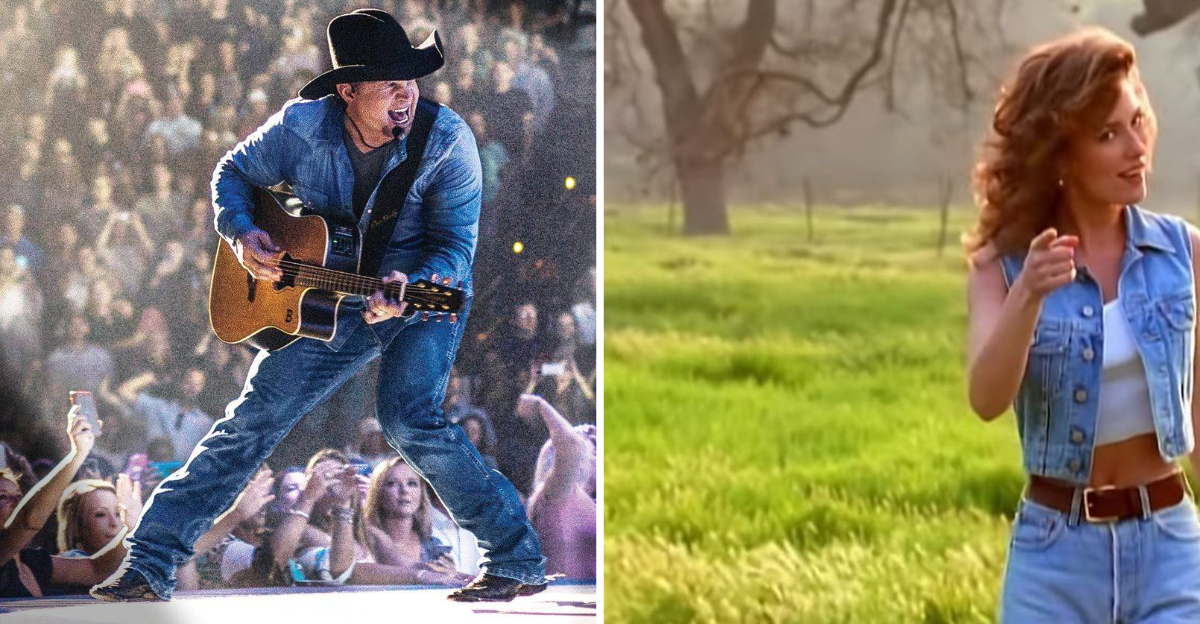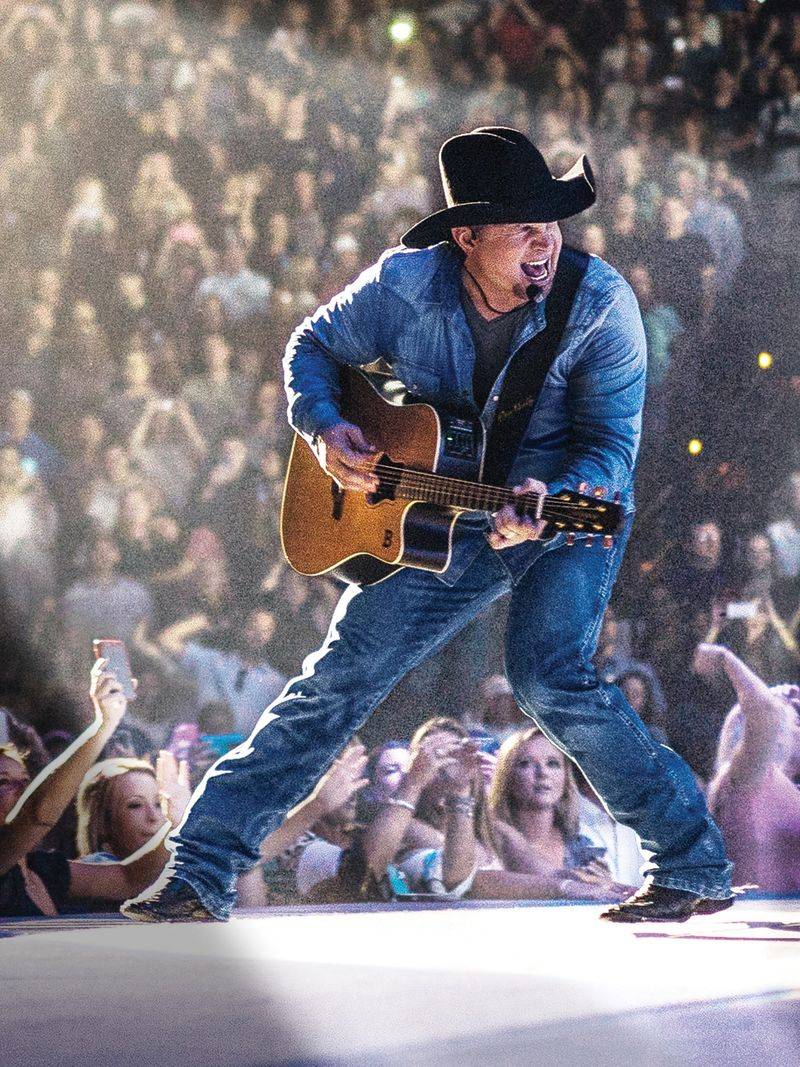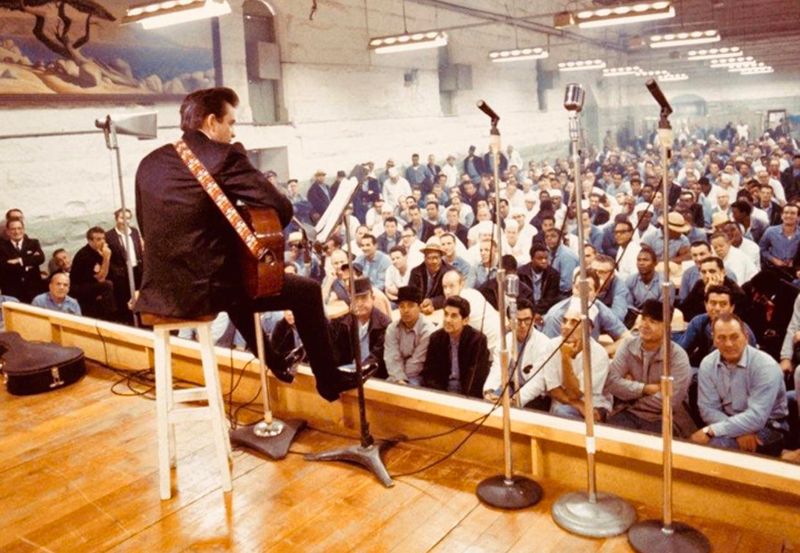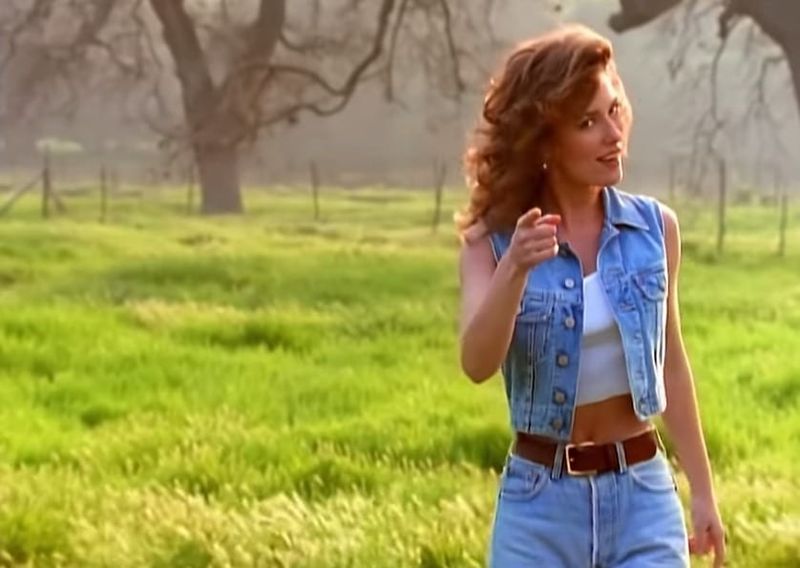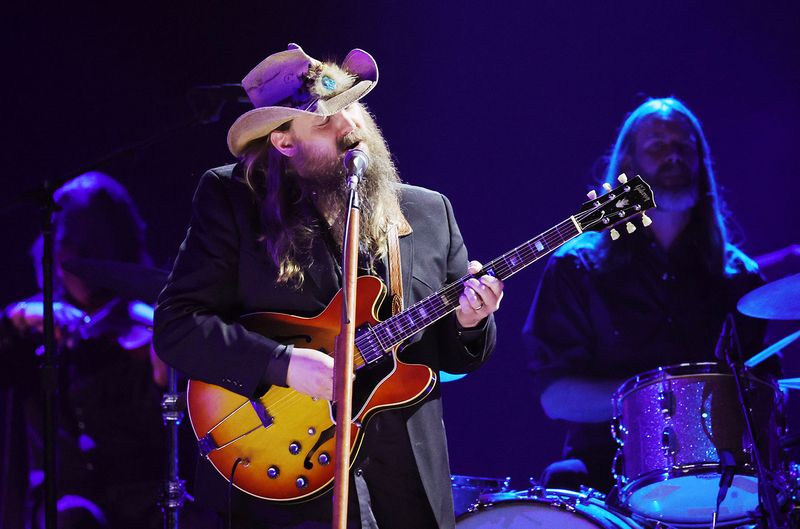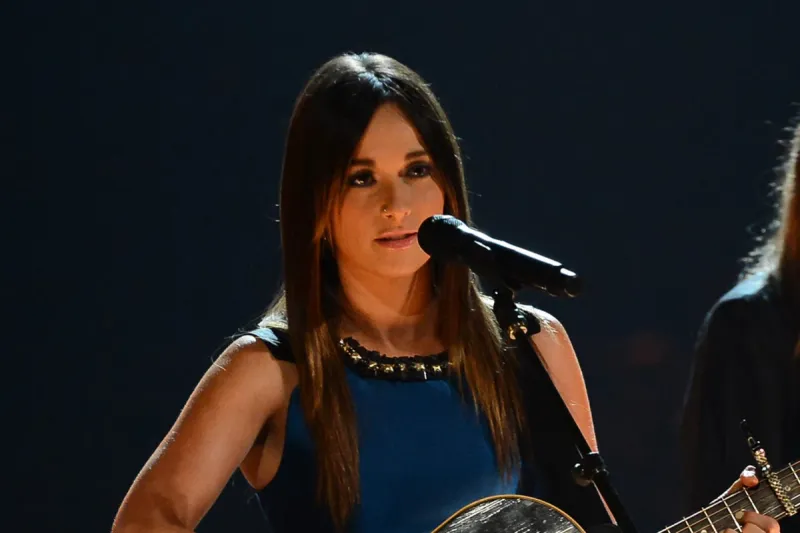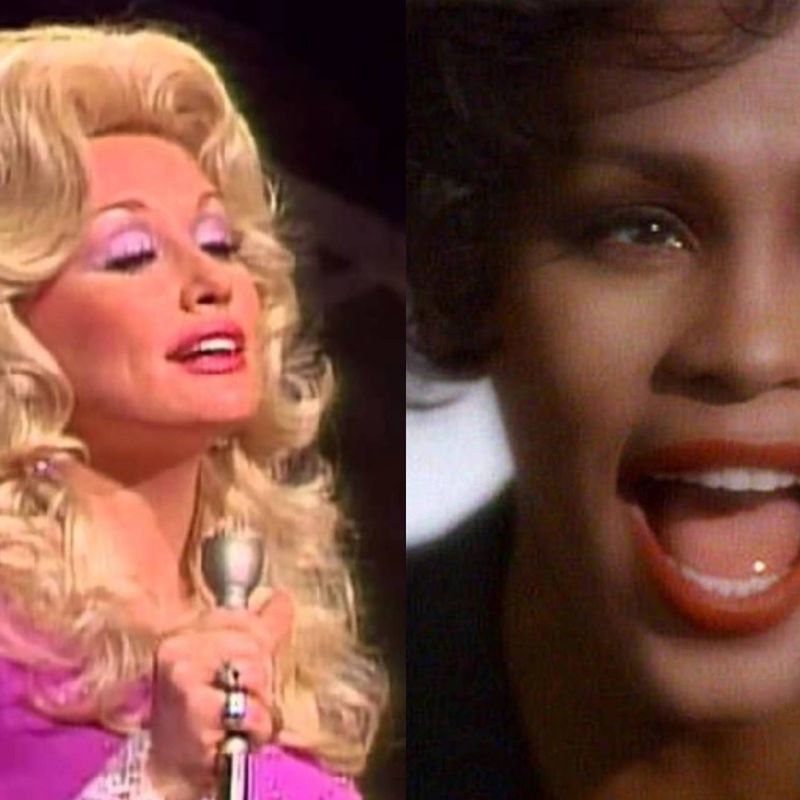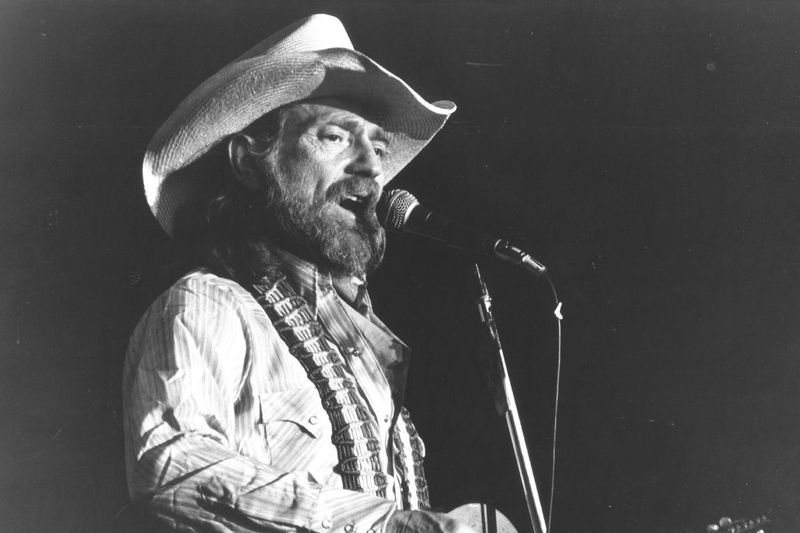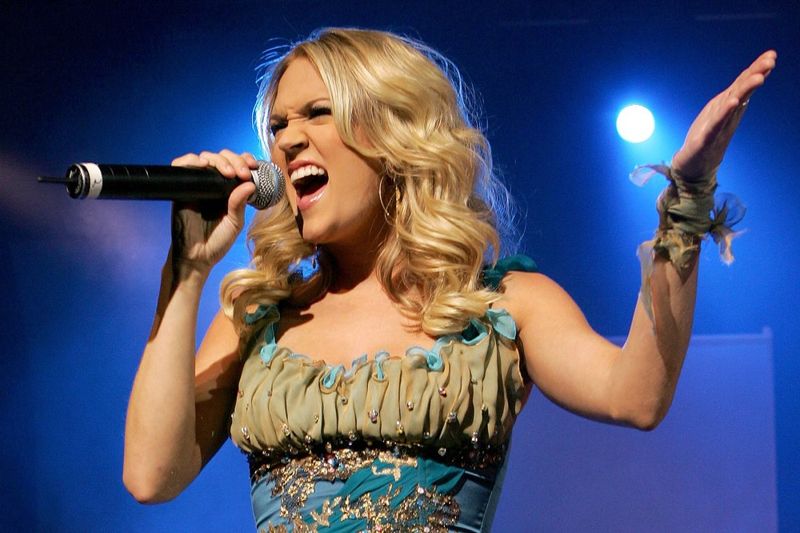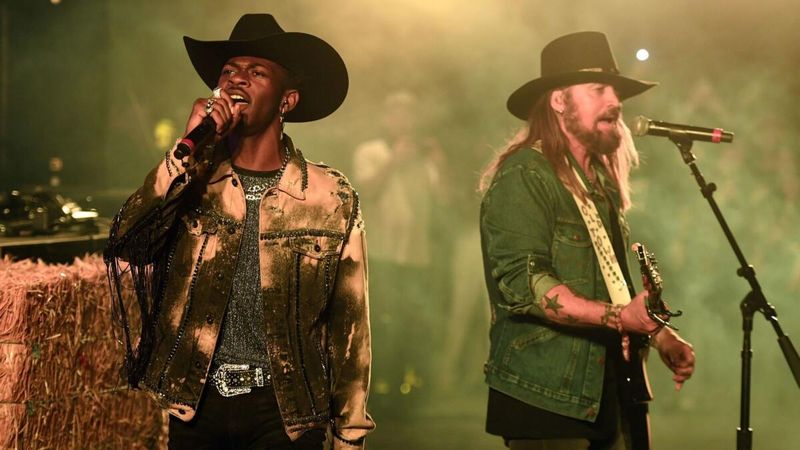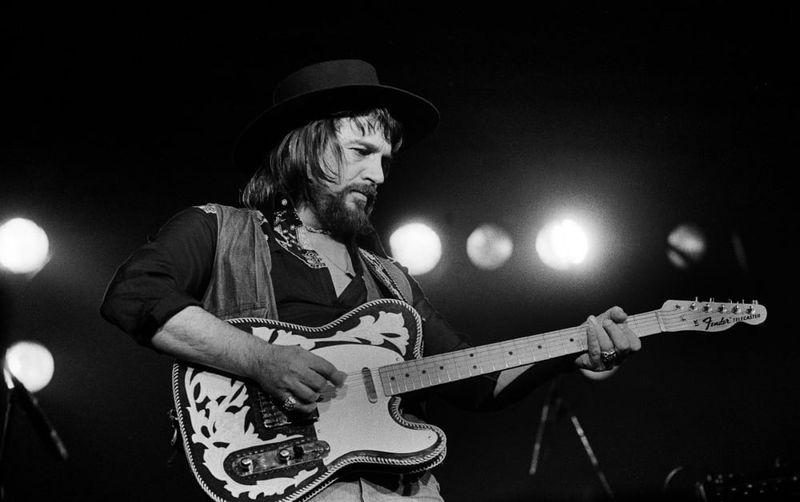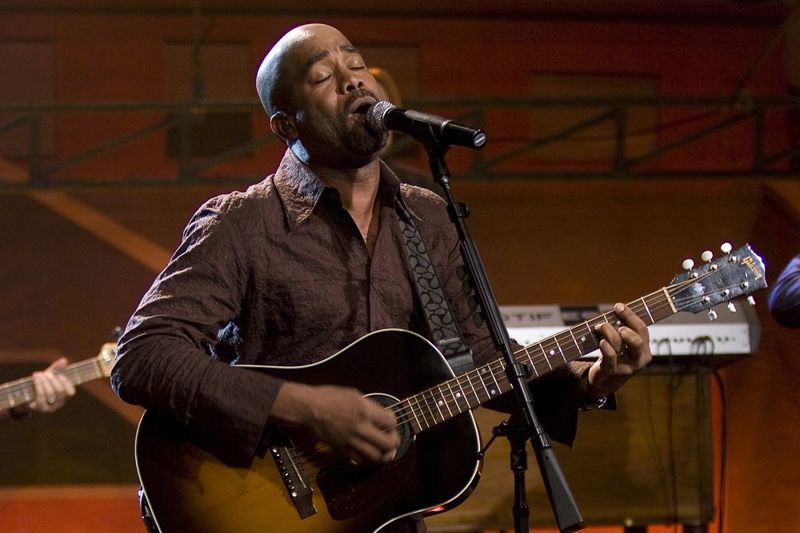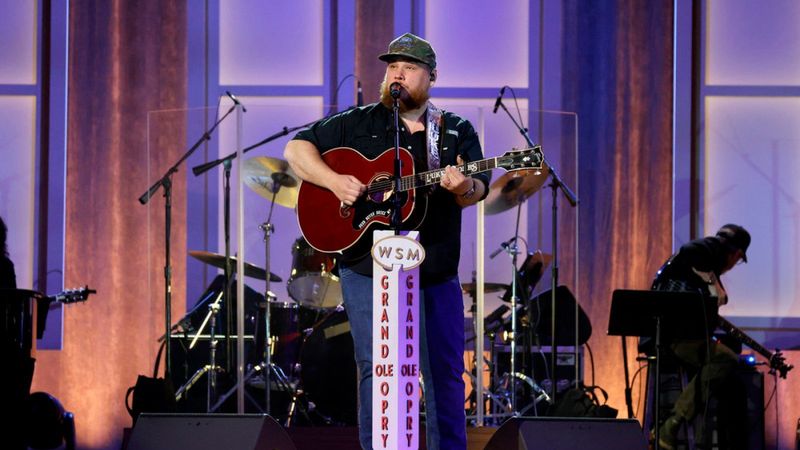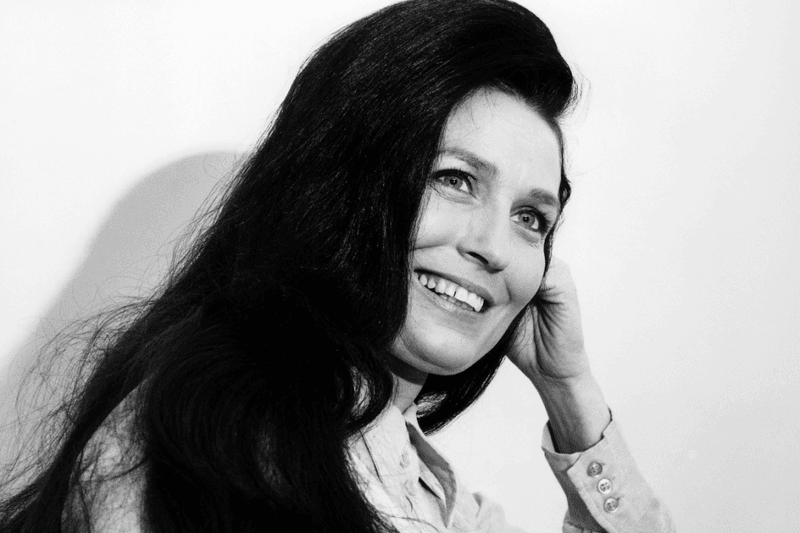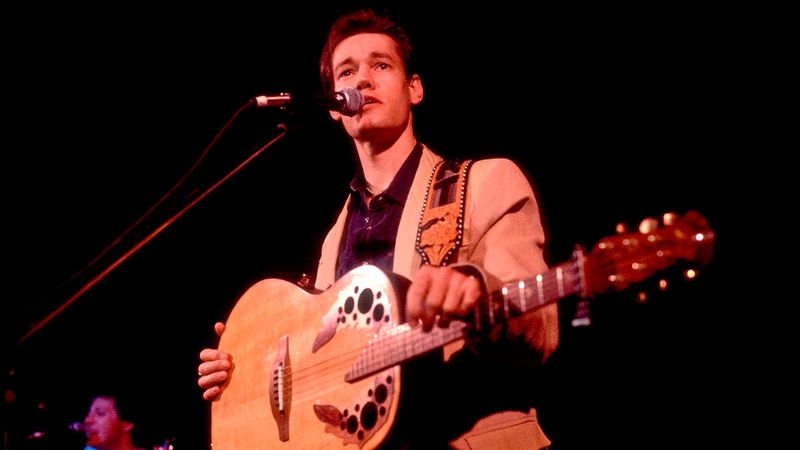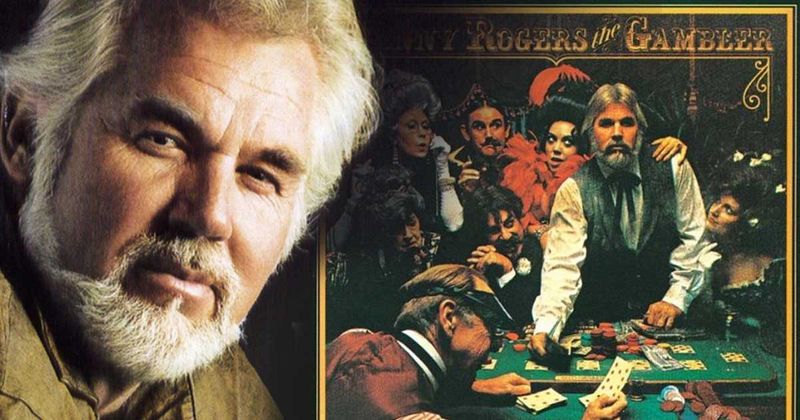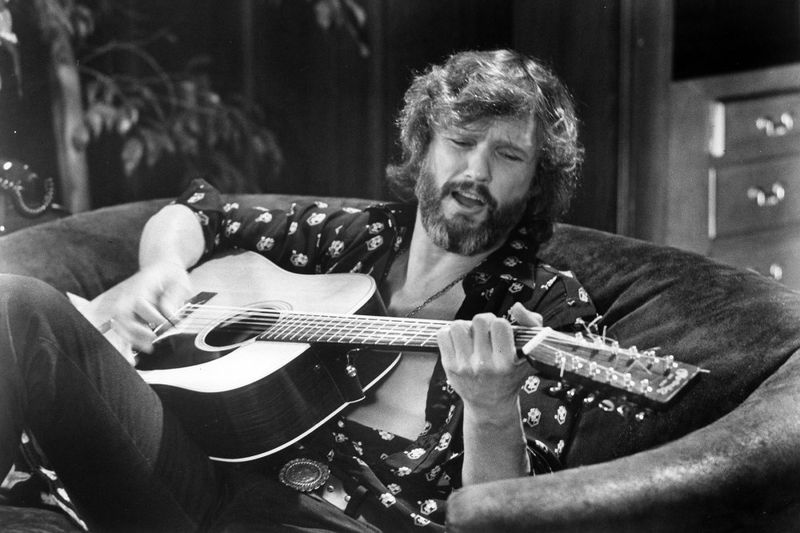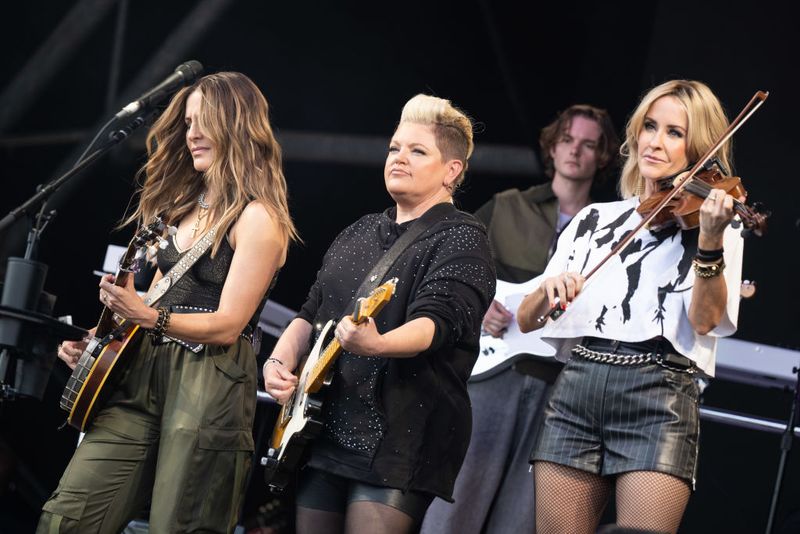Country music history is filled with pivotal moments when a single song transformed an artist’s trajectory forever. These breakthrough tracks often represent artistic evolution, commercial success, or both. Some launched unknown singers into stardom, while others helped established artists reinvent themselves during difficult career phases. The songs on this list weren’t just hits—they were game-changers that reshaped careers and sometimes the entire country music landscape.
1. Garth Brooks’ “Friends in Low Places”
Released in 1990, this honky-tonk anthem catapulted Garth Brooks from promising newcomer to superstar status almost overnight. The song’s memorable chorus and relatable story of crashing an ex’s fancy party resonated with fans everywhere.
Brooks had enjoyed moderate success with his debut album, but “Friends in Low Places” became a cultural phenomenon. It spent four weeks at #1 and helped his album “No Fences” sell over 17 million copies.
The song established Brooks’ everyman appeal and showmanship that would define his career. It remains his signature song and launched his journey to becoming the best-selling solo artist in US history.
2. Johnny Cash’s “Folsom Prison Blues (Live)”
Recorded live at Folsom State Prison in 1968, this reimagining of Cash’s earlier studio track revitalized his fading career. The raw emotion in his voice, coupled with the prisoners’ reactions, created an unforgettable recording that captured Cash’s rebellious spirit perfectly.
By this point, Cash was struggling with drug addiction and declining record sales. The live album shot to #1 on the country charts, crossing over to mainstream success and reestablishing Cash as a cultural icon.
More than just a hit song, the performance cemented his “Man in Black” persona and outlaw image that would define his legacy for generations to come.
3. Shania Twain’s “Any Man of Mine”
When this sassy, boot-stomping anthem hit radio in 1995, it shattered country music conventions. Twain combined traditional country elements with rock production and feminist lyrics that demanded respect from romantic partners.
Her previous singles had modest success, but “Any Man of Mine” became her first #1 country hit. The innovative sound, created with producer (and future husband) Mutt Lange, brought a new pop sensibility to country music.
The song helped her album “The Woman in Me” sell over 20 million copies worldwide and paved the way for her even bigger crossover success with “Come On Over.” Twain’s boundary-pushing approach changed expectations for female country artists forever.
4. Chris Stapleton’s “Tennessee Whiskey”
Although originally recorded by David Allan Coe and George Jones, Stapleton’s soulful 2015 cover transformed this country standard into something entirely new. His powerful, bluesy voice breathed fresh life into the classic, showcasing his extraordinary vocal talent.
The turning point came when Stapleton performed it with Justin Timberlake at the CMA Awards, creating an electrifying television moment. Overnight, Stapleton went from respected songwriter to household name.
The performance and subsequent streaming success helped his debut album “Traveller” reach #1 after initially modest sales. Stapleton’s authentic approach signaled a shift away from the bro-country dominating radio at the time.
5. Taylor Swift’s “Love Story”
This Romeo and Juliet-inspired ballad from 2008 marked Swift’s first major crossover hit, climbing both country and pop charts worldwide. The fairytale narrative and catchy melody showcased her songwriting talents while maintaining enough country elements to please her original fanbase.
Before “Love Story,” Swift was a promising young country artist. After its release, she became a global phenomenon with appeal far beyond Nashville.
The song’s success proved Swift could navigate between genres without alienating fans. It set the template for her gradual transition to pop music while demonstrating her gift for creating universal stories that resonated with listeners of all backgrounds.
6. Florida Georgia Line’s “Cruise”
When this catchy, hip-hop influenced track dropped in 2012, it sparked a revolution in country music production. The song’s blend of traditional country themes with modern beats and rap elements created an entirely new sound that appealed to younger listeners.
The remix featuring rapper Nelly pushed “Cruise” even further into mainstream consciousness. It shattered records by spending 24 weeks at #1 on Billboard’s Hot Country Songs chart.
Almost overnight, Florida Georgia Line went from unknown duo to genre-defining act. “Cruise” launched the controversial “bro-country” movement that would dominate country radio for years to come, emphasizing trucks, parties, and good times over traditional country storytelling.
7. Kacey Musgraves’ “Follow Your Arrow”
This progressive anthem from 2013 broke new ground with its open-minded lyrics about sexuality, marijuana, and religious hypocrisy. Radio largely ignored it, but the song connected deeply with fans seeking more inclusive country music.
Musgraves was a promising new artist before “Follow Your Arrow,” but this song established her as a fearless voice challenging Nashville’s conservative norms. The track won Song of the Year at the CMA Awards despite minimal airplay, signaling a changing industry.
The song’s success outside traditional channels showed artists could build careers without radio support. It positioned Musgraves as a critical darling who would eventually win Album of the Year at the Grammys with “Golden Hour.”
8. Dolly Parton’s “I Will Always Love You”
Written as a farewell to her mentor Porter Wagoner in 1974, this heartfelt ballad showcased Parton’s exceptional songwriting abilities. The simple, emotional lyrics and Parton’s tender delivery created a timeless classic that topped the country charts.
The song demonstrated Parton could succeed as a solo artist after leaving Wagoner’s show. It later became a hit for her again in 1982 when re-recorded for “The Best Little Whorehouse in Texas” soundtrack.
Beyond its immediate impact, the song’s enduring legacy was secured when Whitney Houston’s 1992 version became one of the best-selling singles of all time. The royalties from Houston’s cover made Parton millions and cemented her reputation as one of music’s greatest songwriters.
9. Willie Nelson’s “Blue Eyes Crying in the Rain”
After years of struggling in Nashville’s system, Nelson retreated to Texas and recorded this stripped-down Fred Rose classic in 1975. The sparse arrangement featuring just Nelson’s voice and guitar represented a complete departure from the polished Nashville sound.
The song became Nelson’s first #1 as a performer and announced the arrival of the outlaw country movement. Its success validated his artistic instincts after years of being told to conform to industry standards.
“Blue Eyes Crying in the Rain” helped the album “Red Headed Stranger” achieve both critical acclaim and commercial success. It established Nelson as an artist who could achieve mainstream success while maintaining complete creative control—something nearly unheard of in country music at that time.
10. Carrie Underwood’s “Before He Cheats”
This vengeful anthem about destroying a cheating boyfriend’s truck showcased a fiercer side of Underwood that fans hadn’t seen before. Released in 2006, the song’s dramatic narrative and powerful vocals demonstrated she was more than just an American Idol winner.
While her debut single “Jesus Take the Wheel” established her country credentials, “Before He Cheats” crossed over to pop radio and became a cultural phenomenon. The song spent five weeks at #1 on the country charts and became the best-selling country digital single of all time.
Its massive success helped Underwood avoid the post-reality show slump that plagued many contestants. The song established her as a legitimate country superstar with staying power beyond television fame.
11. Lil Nas X’s “Old Town Road”
This genre-bending viral sensation blended trap beats with country elements, creating something entirely new in 2019. Initially released independently, the song gained popularity on TikTok before climbing the charts and sparking heated debates about what constitutes “country music.”
Billboard’s controversial decision to remove it from the country charts only increased its popularity. The remix featuring Billy Ray Cyrus became a cultural phenomenon, spending a record-breaking 19 weeks at #1 on the Hot 100.
For Lil Nas X, the song transformed him from unknown internet personality to global superstar overnight. More importantly, it forced the country music industry to confront its boundaries and biases regarding race and musical innovation.
12. Waylon Jennings’ “Are You Sure Hank Done It This Way”
Released in 1975, this revolutionary track directly challenged Nashville’s commercialized approach to country music. The song’s driving beat and electric guitars represented a radical departure from the string-laden productions dominating country radio.
Jennings had been recording for years with moderate success, but this song’s pointed lyrics about the industry’s formulaic approach resonated with fans and artists alike. It spent 16 weeks on the charts and became an anthem for the outlaw country movement.
The song’s success gave Jennings leverage to demand more creative control from his label. It established him as a leader in country music’s rebellion against corporate control and inspired countless artists to fight for artistic freedom.
13. Darius Rucker’s “Don’t Think I Don’t Think About It”
When the former Hootie & the Blowfish frontman released this country ballad in 2008, many doubted a rock singer could successfully transition to country music. The song’s traditional country storytelling and Rucker’s soulful delivery silenced skeptics quickly.
The single climbed to #1 on the country charts, making Rucker the first Black artist to reach the top spot since Charley Pride in 1983. This historic achievement came after many labels had rejected Rucker’s country aspirations.
The song’s success paved the way for his country career renaissance and challenged industry assumptions about who could succeed in the genre. Rucker proved that authentic musical passion could transcend genre boundaries and demographic expectations.
14. Miranda Lambert’s “The House That Built Me”
This poignant ballad about revisiting childhood memories represented a significant artistic evolution for Lambert in 2010. Known primarily for fiery revenge songs, Lambert showed remarkable vulnerability in this nostalgic reflection on home and identity.
Lambert initially passed on the song, but later asked to record it after having an emotional reaction to the lyrics. Her instincts proved correct—it became her first solo #1 single and won a Grammy Award.
The song’s success established Lambert as an artist with emotional depth beyond her tough-girl image. It remains her signature song and elevated her from promising star to essential voice in country music, capable of both attitude and heartfelt sincerity.
15. Luke Combs’ “Hurricane”
Self-released in 2016 before being picked up by Columbia Nashville, this powerful debut single about encountering an ex introduced Combs’ distinctive voice to country audiences. The song’s traditional country sound paired with modern production values created an instant hit that felt both familiar and fresh.
Against industry expectations, “Hurricane” climbed to #1 despite Combs being a complete unknown without the typical industry backing. Its success demonstrated how streaming platforms were changing the path to country stardom.
The song launched an unprecedented streak of #1 singles for Combs, establishing him as country music’s biggest new star. His everyman appeal and authentic approach signaled a shift back toward more traditional country sounds after years of pop-country dominance.
16. Loretta Lynn’s “The Pill”
This controversial 1975 song about birth control was revolutionary for openly addressing women’s reproductive freedom. Many radio stations banned it, yet it still reached #5 on the country charts through sheer word-of-mouth popularity.
Lynn had already achieved success with outspoken songs, but “The Pill” took her social commentary to another level. The straightforward lyrics celebrating women’s autonomy resonated with female listeners experiencing the women’s liberation movement firsthand.
The song transformed Lynn from country star to cultural icon and feminist hero. It demonstrated country music could address contemporary social issues despite industry resistance, cementing Lynn’s legacy as the genre’s most fearless female voice and paving the way for future generations of outspoken women in country music.
17. Randy Travis’ “On the Other Hand”
Initially released in 1985 to little fanfare, this traditional country ballad about marital fidelity flopped on the charts. In an unusual move, Travis’ label re-released it in 1986 after his song “1982” gained traction, giving it a second chance.
The gamble paid off—the re-release reached #1 and launched Travis as the leading figure in country music’s “New Traditionalist” movement. His rich baritone and commitment to traditional country sounds represented a dramatic shift from the urban cowboy era.
The song’s success proved audiences were hungry for authentic country music after years of pop crossover attempts. Travis’ breakthrough opened doors for other traditional artists like George Strait and Alan Jackson, fundamentally reshaping country music’s direction for years to come.
18. Faith Hill’s “Breathe”
This sensual ballad from 1999 marked Hill’s definitive crossover from country star to pop superstar. The song’s passionate lyrics and Hill’s powerful vocals, combined with lush production, created a track that dominated both country and pop radio.
Before “Breathe,” Hill was primarily known as a successful country artist. The song’s massive crossover appeal changed her career trajectory completely, becoming Billboard’s #1 overall single of 2000 and winning her two Grammy Awards.
The accompanying music video, featuring Hill rolling around in satin sheets, transformed her image from wholesome country singer to glamorous mainstream star. The song’s success established Hill as one of music’s biggest crossover artists, following in the footsteps of Shania Twain.
19. Kenny Rogers’ “The Gambler”
Released in 1978, this story-song about a poker player’s life advice became Rogers’ signature hit and cultural touchstone. The memorable chorus and narrative structure showcased Rogers’ gift for character-driven storytelling and his distinctive warm voice.
Rogers had previous hits, but “The Gambler” transcended music to become part of American popular culture. The song’s success led to a series of television movies starring Rogers as the title character, expanding his career beyond music.
The track won Rogers a Grammy Award and cemented his transition from pop/rock performer to country music icon. Its crossover appeal introduced millions of non-country listeners to the genre, while the gambling metaphor for life became one of country music’s most quoted lyrics.
20. Kris Kristofferson’s “Sunday Mornin’ Comin’ Down”
Johnny Cash’s 1970 recording of this Kristofferson-penned song about loneliness and hangovers revolutionized country songwriting with its gritty realism. The vivid lyrics about urban alienation represented a stark departure from the more sanitized country songs of the era.
Before Cash’s recording topped the charts, Kristofferson was a struggling songwriter and Rhodes Scholar who famously landed a helicopter on Cash’s lawn to get his attention. The song’s success transformed Kristofferson from behind-the-scenes writer to respected performer and eventual movie star.
The raw honesty and poetic imagery elevated country songwriting to new literary heights. It established Kristofferson as one of the genre’s most influential writers and helped launch the introspective singer-songwriter movement in country music.
21. The Chicks’ “Not Ready to Make Nice”
Released in 2006, this defiant response to the backlash over Natalie Maines’ criticism of President Bush marked the trio’s comeback after being blacklisted by country radio. The unapologetic lyrics directly addressed the death threats and career damage they experienced.
After three years of industry exile, many expected The Chicks (then the Dixie Chicks) to issue an apology. Instead, they delivered this powerful statement of artistic integrity that refused to back down from their political stance.
The song won three Grammy Awards including Song and Record of the Year, despite minimal country radio support. It transformed The Chicks from country superstars to symbols of artistic courage and free speech across all music genres.
